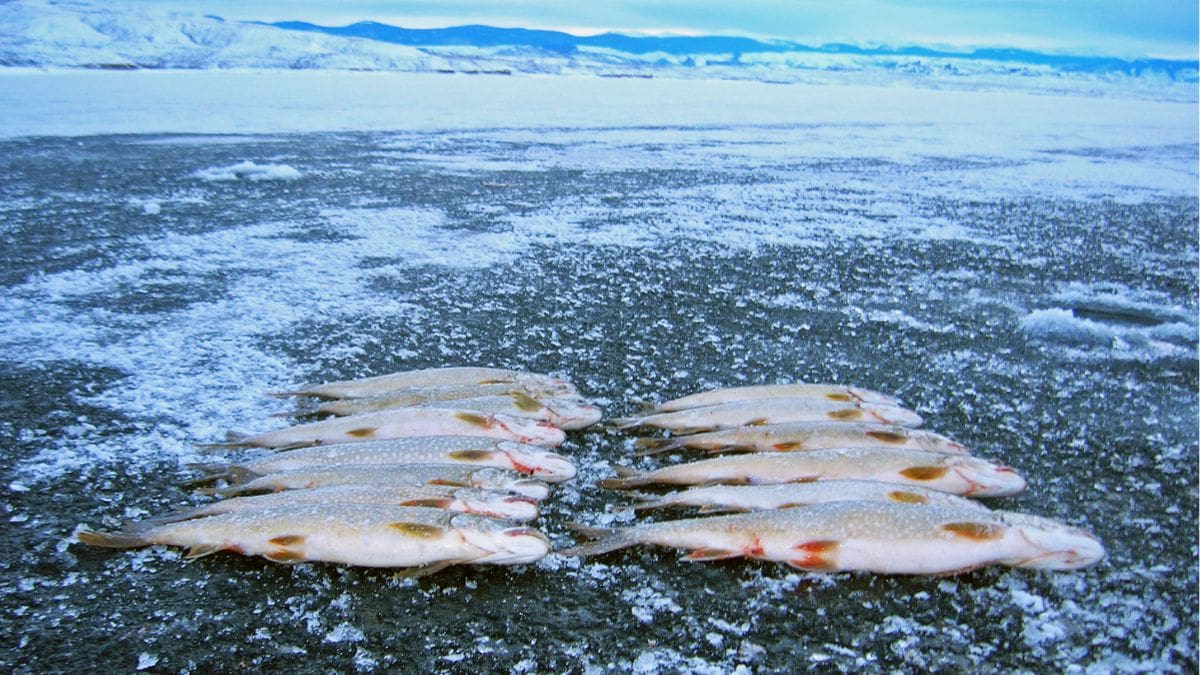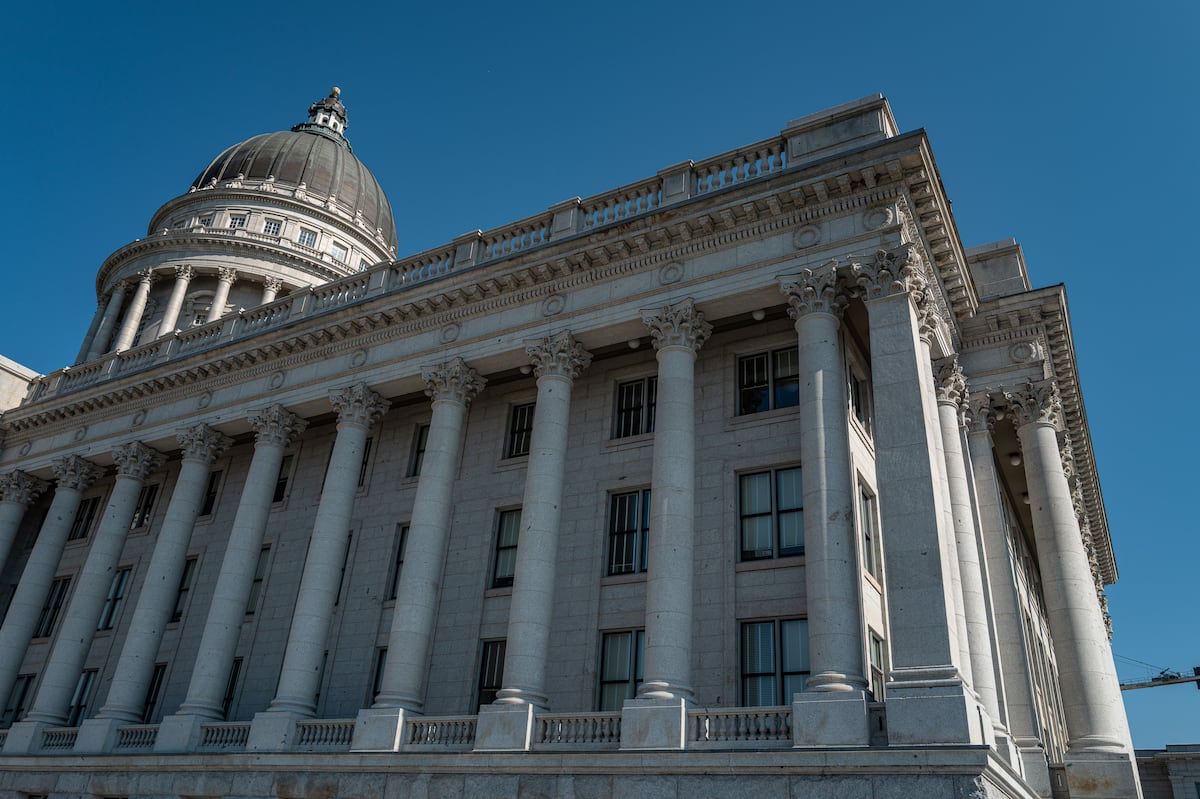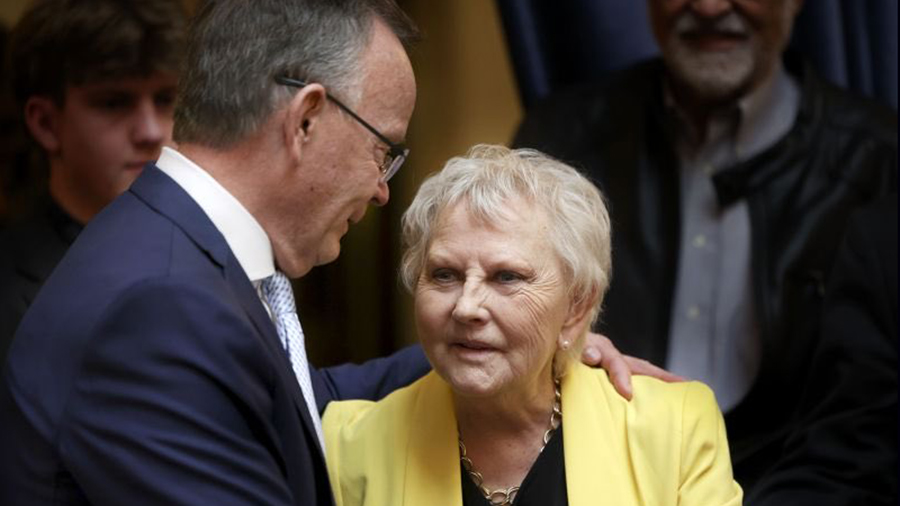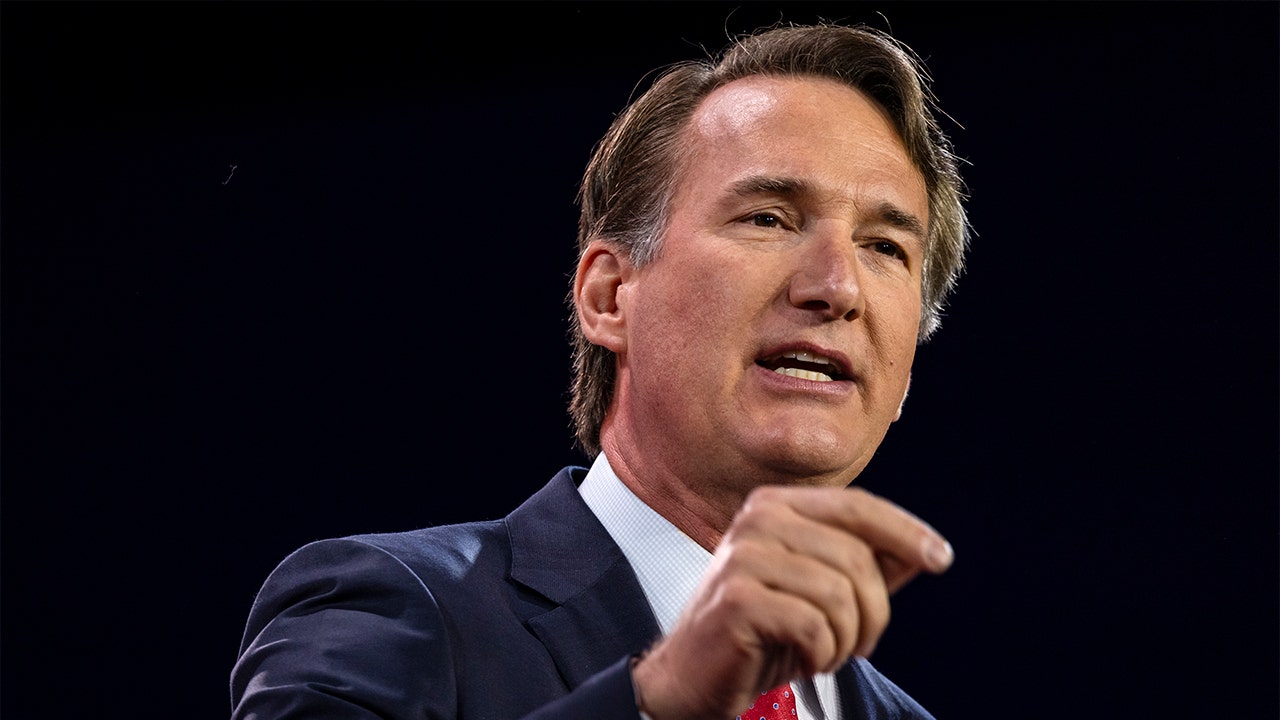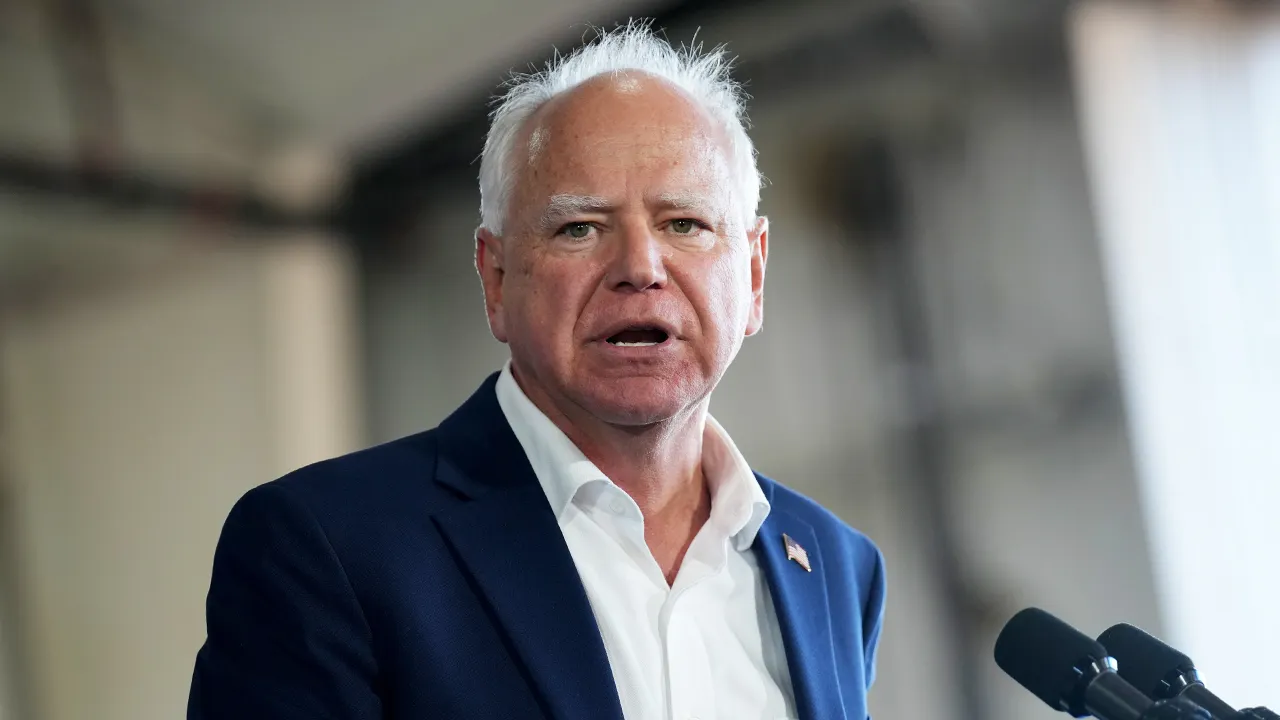As legislative leaders weigh what issues might be ripe for a potential special session Wednesday, top Republicans and conservative organizations are clamoring for lawmakers to put a constitutional amendment on the fall ballot to undo a Utah Supreme Court ruling that affirmed the public’s right to change laws via initiative.
Last month, hearing a case centered on a 2018 ballot measure intended to prevent political boundaries drawn to benefit one political party, the state’s high court unanimously declared that Utahns have a right to reform government through such initiatives and the Legislature must have a compelling interest to alter the will of the voters.
That didn’t sit well with lawmakers. House Speaker Mike Schultz, R-Hooper, and Senate President Stuart Adams, R-Layton, said in a joint statement at the time that the ruling was “one of the worst outcomes we’ve ever seen from the Utah Supreme Court” and that it “made a new law about the initiative power, creating chaos and striking at the very heart of our republic.”
Now, 36 key Republicans and conservative organizations sent a letter to legislative leadership Friday night urging the Legislature to amend the state constitution to reverse the ruling. They include Utah Republican Party Chair Rob Axson, GOP attorney general nominee Derek Brown, Eagle Forum President Gayle Ruzicka and others.
“This ruling represents an existential threat to the values, culture and way of life that define our state,” the letter states. “Utah now faces the risk of becoming like California, where large sums of outside money influence laws that do not reflect the values of our citizens and undermine our cultural integrity.”
To make it on the November ballot, the Legislature would have to pass the amendment before Sept. 3.
Separately, the Sutherland Institute, an influential conservative think tank, is encouraging the Legislature to “correct the flawed understanding … reflected in the Utah Supreme Court’s recent ruling.”
The institute said the court’s decision puts laws enacted by the Legislature beneath those enacted by voters via ballot initiative, which cannot be changed by lawmakers.
“This bifurcated view of Utah law — aside from being constitutionally suspect,” Sutherland warned in a statement Friday evening, “makes certain that bad public policy enacted by ballot initiative that fails to serve the public good cannot be corrected.”
The proposition at issue
In its ruling, the court said the Legislature can change laws that facilitate implementation of what voters want, but alterations that fundamentally undercut the will of the people are held to higher scrutiny by the courts.
In 2018, voters approved Proposition 4, which created an independent redistricting commission to draw political boundaries, setting standards for the maps and prohibiting the consideration of partisan benefits.
The Legislature largely gutted the law, making the commission advisory, and drew congressional maps that split Salt Lake County, the most liberal part of the state, into four districts.
The League of Women Voters, Mormon Women for Ethical Government and several individual plaintiffs sued, arguing the maps deprived voters of a meaningful voice in Congress.
Moreover, they contended that the Utah Constitution states that “all political power is inherent in the people” and by undoing the will of the people, the Legislature deprived voters of a constitutional right.
Last month, the high court agreed, writing that “when Utahns exercise their right to reform the government through a citizen initiative, their exercise of these rights is protected from government infringement. This means that government reform initiatives are constitutionally protected from unfettered legislative amendment, repeal, or replacement.”
The justices sent the case back to a district court to determine if lawmakers had a “compelling” interest in rewriting the initiative. If they did not, the court could order the Legislature to redraw the boundaries.
“Although the intent of initiatives is to amplify that voice, this ruling creates a rigid and unmanageable system that disrupts our republican form of government,” Friday’s letter from the conservative leaders states.
“Given these exigent circumstances,” it adds, “we believe it is imperative that the Legislature be immediately called into special session to propose a constitutional amendment.”
Special session discussions are underway
The pressure comes as legislative leaders weigh requests from lawmakers for issues that could be on the agenda for a potential special session Wednesday.
Asked specifically about the potential for a constitutional amendment to address the initiative issue, spokespeople for the House and Senate issued nearly identical statements.
“There are always discussions about the possibility of a special session, but no decisions have been made for next week,” said Paige Bridges, spokesperson for the House Republicans.
Similarly, Aundrea Peterson, spokesperson for the Senate Republicans, said, “There are a lot of discussions about the possibility of a special session. Leadership is reviewing the requests, but no decisions have been made.”
The Senate held a virtual caucus Thursday, but Peterson would not say what, if any, decisions were made there.
Katie Wright, executive director for the group Better Boundaries, which championed 2018′s Proposition 4 creating an independent redistricting commission, said that “we should all be concerned when the Utah Legislature is contemplating calling themselves into session to override the Utah Supreme Court’s unanimous decision — just like they did for Prop 4.”
A spokesperson for Gov. Spencer Cox did not respond to questions Friday about whether the Republican governor would support a constitutional amendment limiting ballot initiatives or if he would call a special session.
Under a constitutional amendment approved by voters in 2018, the Legislature has the power to convene a special session in instances of fiscal crisis, war, natural disasters or “an emergency in the affairs of the state” without approval from the governor if two-thirds of both bodies support doing so. What constitutes an emergency is not defined.
Likewise, constitutional amendments need to pass the House and Senate by two-thirds margins — they are not signed or vetoed by the governor — in order to be put on the November ballot for possible ratification by voters.

